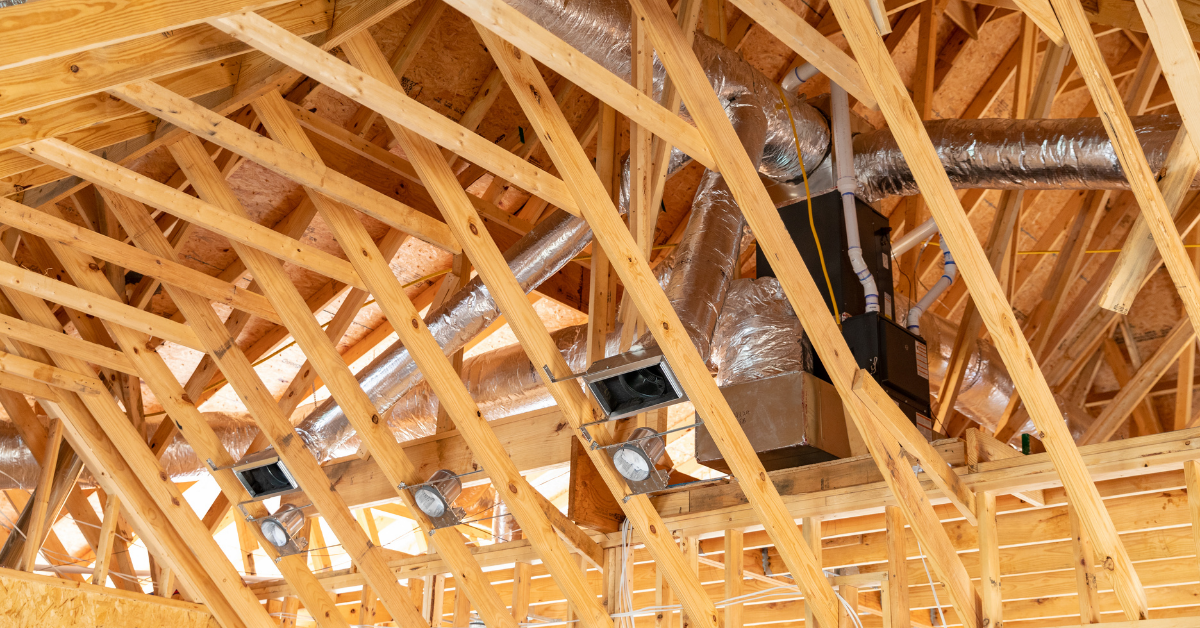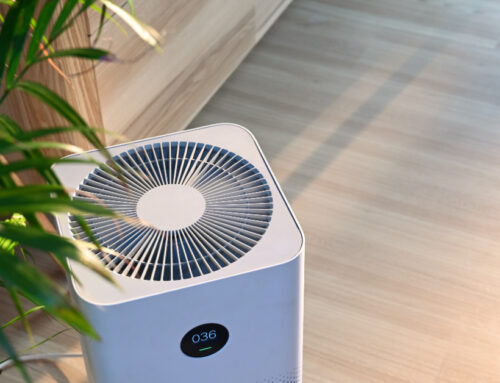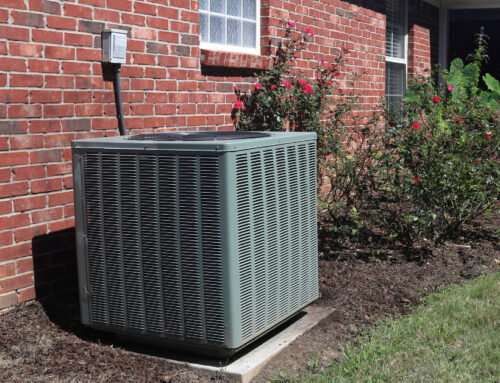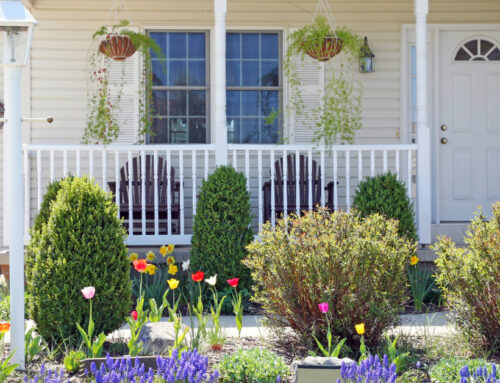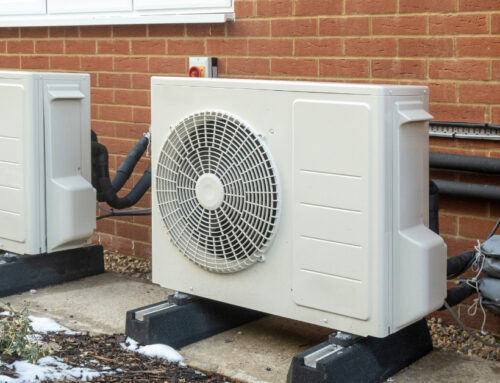In our last column, we discussed the health and comfort aspects of your HVAC system’s ductwork. In this column, we’re going to examine increasing the efficiency of your system through replacing your ductwork.
Efficiency
How well a system works and how the various mechanisms and equipment in your HVAC system interact influences how well the ducts perform and makes a significant difference in the cost and the effectiveness of heating and cooling a home.
Typical systems with ducts in attics or crawl spaces lose from 25% to 40% of the heating or cooling energy that passes through them. Duct systems lose energy in several ways:
- Air leakage through small cracks and seams and poorly connected joints
- Radiation of heat through poorly insulated ducts
- Differences in air pressures throughout various zones in the house
- Placement of the ductwork throughout the home
The U.S. Department of Energy says when a furnace meeting the current national efficiency standards, which, in our neck of the woods is 80% or more, is combined with a typical duct system with 60%–75% efficiency (typical of ducts installed in a vented attic or open crawlspace), only about half the heating value of the fuel will make it into the house.
If you’re considering replacing your HVAC system with a more technologically advanced system, you’ll want to have higher quality ducting to enhance system improvements. Alternately, improving ducting can provide more benefits than choosing a higher-efficiency system.
How will I know if I need to replace my ductwork?
Your trusted HVAC contractor can perform an inspection of your duct system, performing tests for leakage and measuring airflow.
Replacing your ducting can make a significant difference in efficiency, anywhere from 20-33%. It may be greater if your duct system leakage is greater than average, or if leaks are primarily in the supply ducts, or if your original ducts were under- or non-insulated.
If your ducts are in a basement vs. attic or crawlspace, or if your duct leakage was less than average, or if leakage was primarily in return ducts, or if your original ducts were more heavily insulated, you’ll see less of an increase in efficiency.
In many cases, replacing your ductwork won’t pay for itself in pure monetary savings, but you will see a difference in your energy bills. Plus, as we discussed last time, your indoor air pollution will be decreased and your home will be more comfortable.
Zoned systems
Another way to improve the health, comfort and efficiency of your HVAC system is to consider adding zoned systems to your home. Different areas of your home need different amounts of airflow at different times of day and in different seasons (that’s a lot of differences). For example, a south-facing room will need more cooling but less heating than a north-facing room. Upstairs rooms need more cooling in the summer, but less heating in the winter. Zoning can provide for these differences. We’ll save this topic for a future column.
Things to consider
If you’re considering having your ductwork replaced, keep in mind it is hard to verify for yourself the job was well done. You must trust the contractor’s design. You must trust that the installation will utilize best practices, and you must trust that installers won’t cut corners in places that it is difficult or impossible for you to verify. Having faith in your HVAC contractor is key. You can also hire an independent energy rating company to measure the performance of your duct system.
While it may feel daunting, in terms of total energy savings, the single biggest impact to HVAC efficiency and home comfort is achieved by properly designing and installing your duct system. Increasing the efficiency of your furnace for a little bit of money may not be as efficient as replacing your ductwork.
If you’ve done business with a trusted HVAC contractor, you’ll find comfort in past performance. If you haven’t, get a couple of estimates, and talk with your contractor about the benefits and potential pitfalls of the job. Check their online reviews and ask your friends and family for recommendations.

